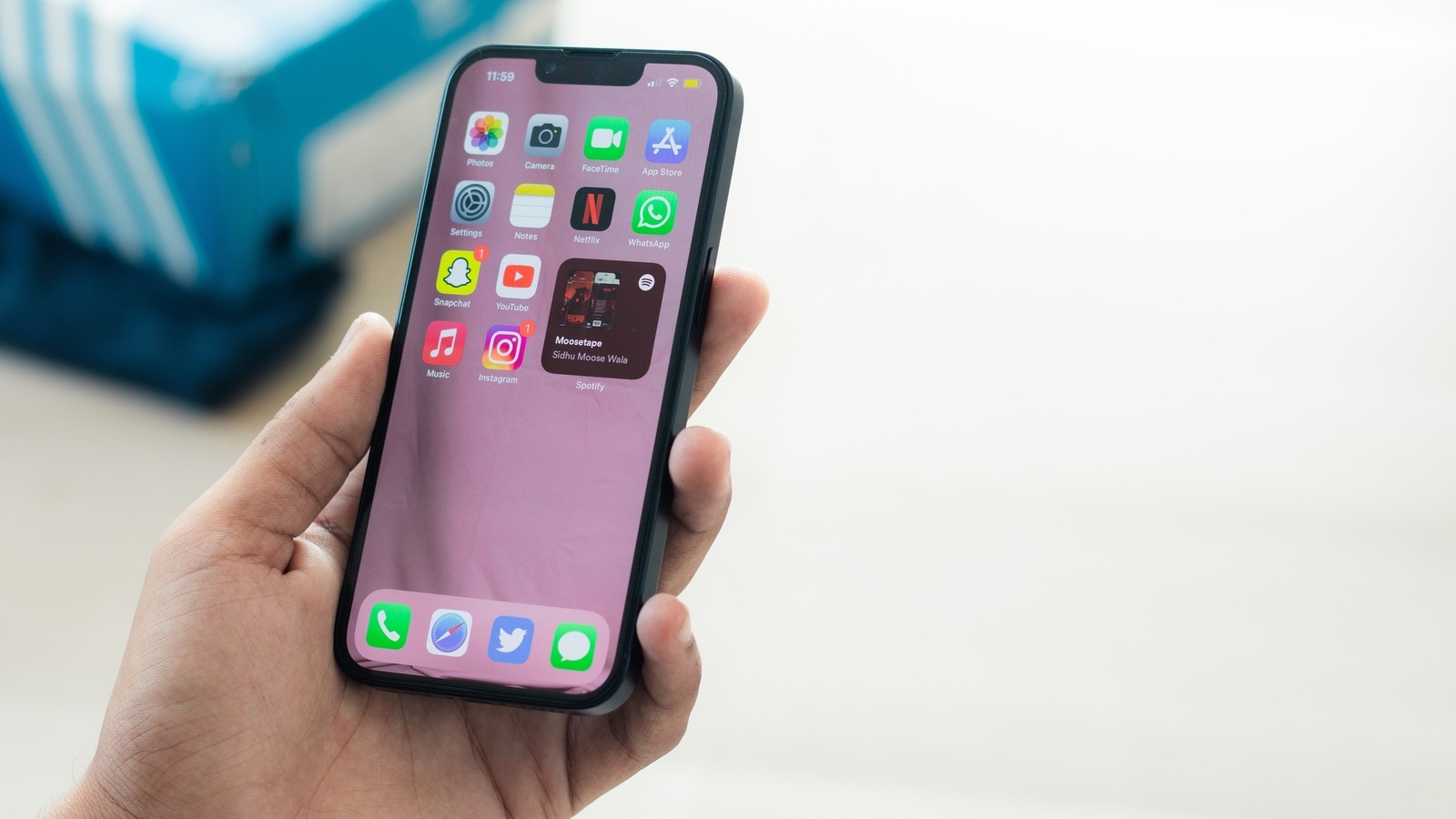Apple unveils major overhaul for iPhone users in EU - Sideloading, alternative app stores, and more - HT Tech

Apple is set to introduce substantial changes to its ecosystem in the European Union, scheduled to roll out by March 6. One of the notable modifications is to allow iPhone users to sideload apps from third-party stores, a departure from Steve Jobs' original stance due to security concerns. The shift is part of iOS 17.4, primarily targeting EU countries, and aims to enhance user flexibility while maintaining security standards.
Alternative App Stores and Payment Options
App developers within the EU now have the option to provide alternative app stores, adhering to Apple's criteria for customer experience, fraud prevention, and customer support. A revised fee structure accompanies this change, allowing any developer to create an app marketplace. The alterations also extend to payment options, eliminating the mandatory use of in-app purchases. Developers can integrate alternative payment methods within their apps or redirect users to external websites for transactions, Macrumors reported.
Notarization Process and App Features
Apps distributed through alternative stores in EU countries will undergo a notarization process similar to that for Mac apps. However, some features such as Screen Time, refunds, and in-app purchases won't be applicable to these apps. NFC payments will be directly available in apps, enabling third-party payment services and banks to offer tap-to-pay solutions within the European Economic Area.
Not sure which
mobile to buy?
User Choice and Developer Accessibility
Additionally, EU users gain the ability to select a default browser from popular options like Firefox, Opera, Chrome, Brave, and Microsoft Edge. Apple also opens doors for iOS app developers in the EU to request additional interoperability with iPhone hardware and software features, subject to case-by-case evaluation. The App Store changes extend beyond the region, with Apple providing developers worldwide with over 50 new analytics reports through the App Store Connect API.
Apple emphasises the limitations of these changes to the EU in a support document, citing concerns about fraud, scams, and privacy threats. Meanwhile, there are notable repercussions following the announcement of iOS 17.4. Apple's new terms introduce a Core Technology Fee, potentially posing financial challenges for freemium apps that experience rapid growth. While the first one million "first annual instals" per iOS account annually remain fee-free, subsequent installations may incur substantial charges, impacting popular apps like Spotify with large user bases. Apple's Core Technology Fee has prompted warnings of potential financial strain on certain app developers.
In short, Apple's forthcoming updates in the EU represent a significant shift in its approach to app distribution, payment methods, and user preferences, while also raising concerns about the financial implications for certain developers.
Also read these top stories today:
Tech is bleeding people! 2024 has already proven to be a difficult year for layoffs. A handful of companies have been making job cuts in recent weeks, bringing uncertainty for workers across industries. Check it all out here.
Shocking AI! Fans of Taylor Swift and politicians expressed outrage at AI-generated fake images that went viral on X and were still available on other platforms. One image of the US megastar was seen 47 million times on X, the former Twitter, before it was removed Thursday. Dive in here.
OpenAI's AI not lazy anymore? OpenAI introduces GPT-4 Turbo, addressing user concerns about the system's propensity to be "lazy" and leaving tasks incomplete. The OpenAI update promises enhanced performance and wider usability. Know all about the changes here.
If you enjoyed reading this article, please forward it to your friends and family.
Comments
Post a Comment